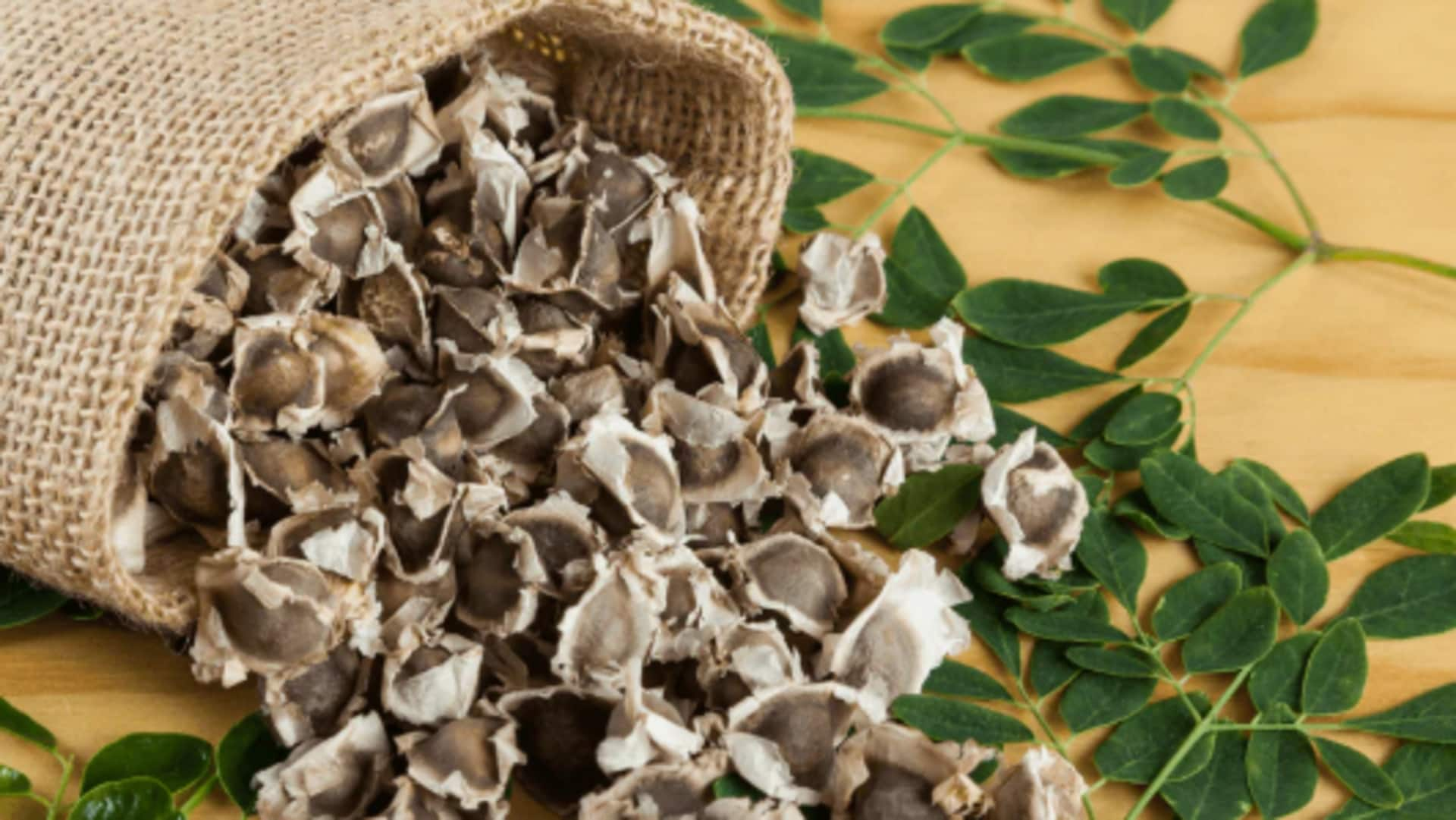
Add these 5 legumes to your daily diet
What's the story
African legumes are making waves in vegetarian cuisines across the globe, thanks to their nutritional benefits and versatility. These legumes are not just rich in protein and fiber, but also add unique flavors to a range of dishes. As more people adopt plant-based diets, these legumes are becoming increasingly popular among chefs and home cooks alike. Here are five African legumes making waves in vegetarian dishes.
#1
Cowpeas: A versatile ingredient
Cowpeas, also known as black-eyed peas, are a staple in many African cuisines. They are rich in protein and can be used in soups, stews, or salads. Their mild flavor makes them a versatile ingredient that complements various spices and vegetables. Cowpeas can be cooked quickly compared to other legumes, making them convenient for busy cooks looking for nutritious meal options.
#2
Bambara groundnuts: Nutrient-rich powerhouse
Bambara groundnuts are nutrient-rich legumes packed with protein, fiber, and essential minerals such as calcium and iron. They have a slightly sweet taste and nutty texture that works well in both savory and sweet dishes. Traditionally used as a staple food crop in Africa, Bambara groundnuts are now gaining popularity worldwide for their health benefits and culinary potential.
#3
Pigeon peas: Flavorful addition
Pigeon peas are famous for their rich flavor profile that elevates any vegetarian dish. They are commonly used in curries or rice dishes across Africa. Not only are pigeon peas rich in protein, but they are also packed with vitamins A, B complex, C, and E. Their ability to absorb flavors makes them perfect for slow-cooked meals.
#4
Lentils: Quick-cooking legumes
Lentils are among the most popular legumes globally, thanks to their quick cooking time and versatility. In Africa, lentils are used in soups or stews where they thicken broths while adding depth of flavor. They come in various colors such as red or green, each offering different textures suited for different recipes.
#5
Moringa seeds: Nutrient-dense option
Moringa seeds are becoming increasingly popular for their high nutritional value, including protein, omega fatty acids, vitamins, and minerals. These seeds can be roasted or boiled before being added to salads or stir-fries, giving a crunchy texture along with a nutty flavor. This makes them an excellent addition to vegetarian meals around the world.